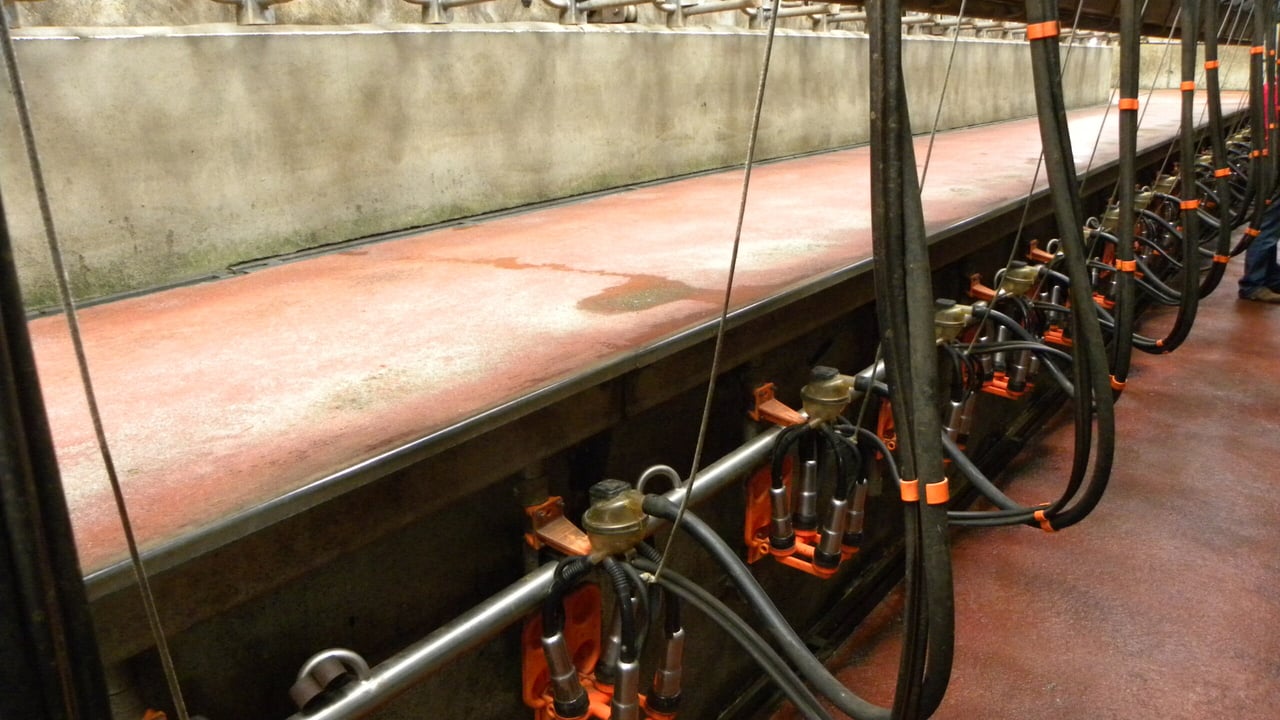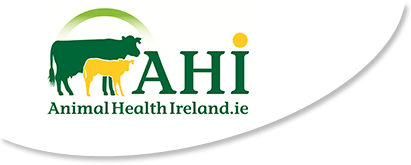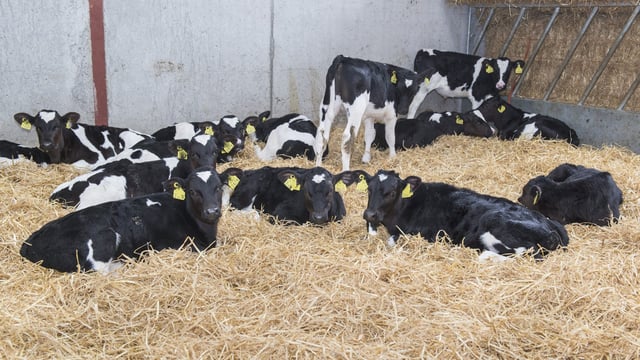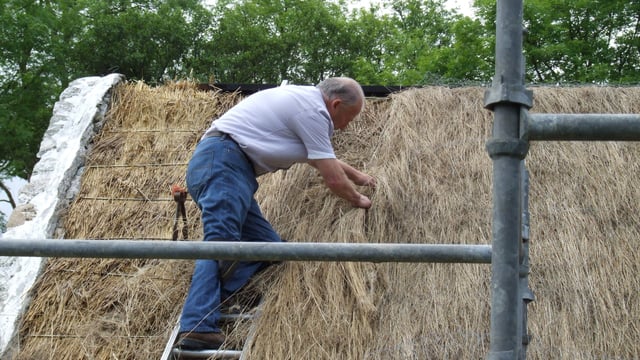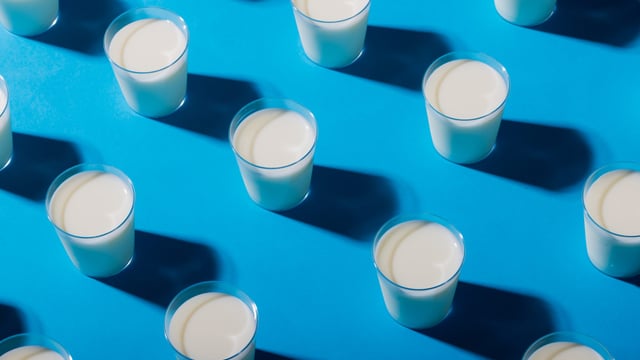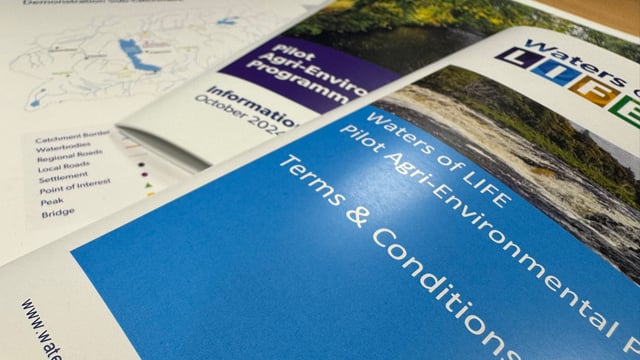DII fears €555m annual fall in milk cheques without derogation
Dairy Industry Ireland (DII) has said that €45 billion could be lost to the Irish economy if the nitrates derogation is not renewed for Ireland.
DII - the Ibec body that represents the dairy processing sector - also said that, according to analysis from professional services business EY, the loss of the derogation could also result in an annual decrease in €555 million in the value of milk cheques received by farmers.
According to the EY impact assessment cited by DII, loss of the derogation would also lead to: a 12% reduction in the number of dairy farming families; a 14.5% decline in the national dairy herd; a 15% fall in dairy exports (including a 24% fall for butter and a 21% fall in milk powders); and 29% of processing capacity during peak supply months being left idle.
DII said that farmers are "driving water quality" improvements, but that the future of the sector "hangs on EU support".
DII has renewed its calls on EU and national leaders to retain Ireland's nitrates derogation, saying its would "devastate rural communities".
DII said that "despite clear evidence of environmental progress", the future of the derogation - which the body describes as "a cornerstone of Ireland's grass-based farming model and rural economy" - is under serious threat.
According to DII, recent reports from the Environmental Protection Agency (EPA) and the European Environment Agency (EEA) show that the farming sector is making "clear environmental progress", with improvements in water quality, nutrient management and emissions noted.
Currently, nutrient levels in rivers are at their lowest in eight years, with a 10% fall in nitrates concentrations in 2024 alone.
DII claimed that Ireland now has some of Europe's cleanest rivers and groundwater, with 83% of rivers at high, good, or moderate biological quality, and 98.5% of groundwater sites compliant with EU nitrate standards.
The body also claimed that removing the derogation could remove regulatory safeguards on water quality.
Conor Mulvihill, director of DII, said: "Across Ireland, thousands of farm families are quietly leading a revolution, protecting rivers, reducing emissions and sustaining rural communities.
"Their work is delivering cleaner water and a stronger economy, but their future is now at risk.
"The derogation has safeguarded water quality for more than 30 years by imposing additional environmental conditions. Removing it would devastate rural Ireland, hollow out communities, destroy jobs, and drive up food prices.
"It would also undermine Ireland's global reputation as a leader in sustainable food production just as the UN projects a 29% increase in dairy demand by 2050," Mulvihill said.
He added: "Farmers have done everything asked of them, investing more than €2 billion in climate and processing infrastructure, adopting catchment-based water strategies, real time nitrates monitoring and world first sustainability linked-payments.
"Yet despite this they face shifting goalposts and continued uncertainty.
"Losing the derogation would be a disaster socially, environmentally and economically. There is no scientific evidence that its removal will improve water quality. On the contrary, it risks undoing the progress already achieved," the DII director said.
He added: "We must balance environmental ambition with economic reality to protect farmers, rural communities and Ireland's global reputation. Generational renewal is already under threat because of this uncertainty and farm families deserve a future."

